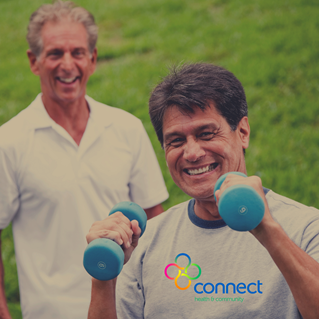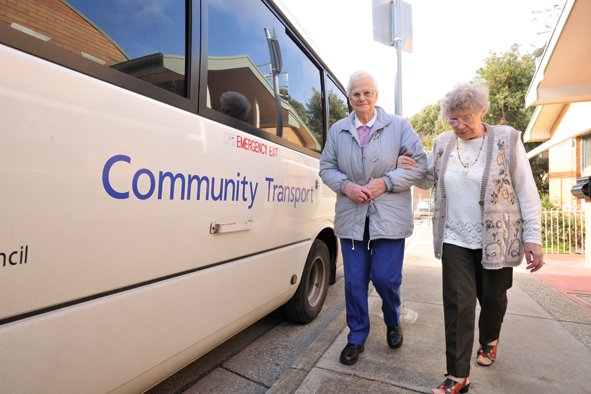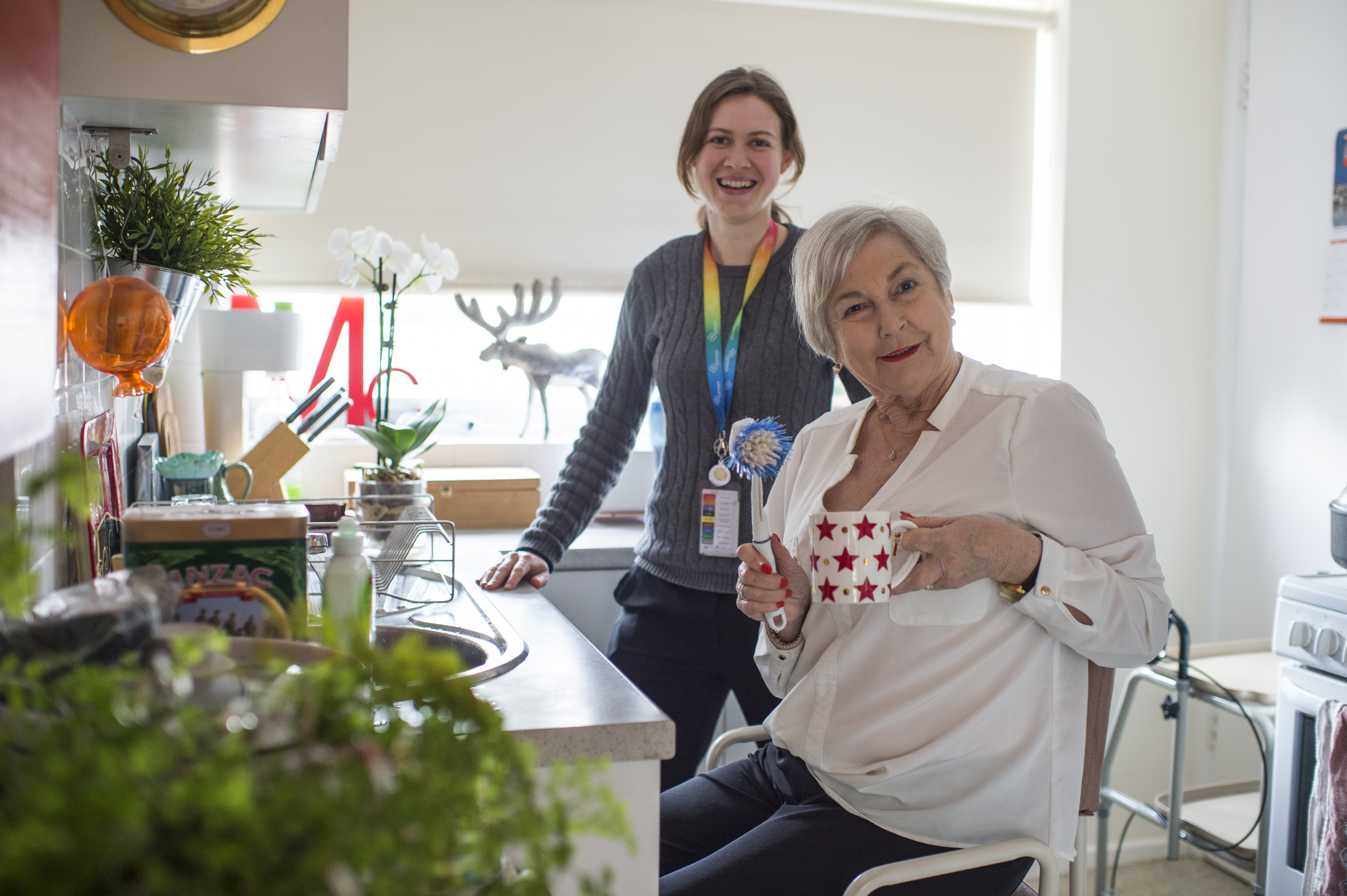Select from the following services
This Men’s Health Week our exercise physiologist, Nathan, looks at the Gender Health Gap and finds one simple solution that can help make a huge difference.

Men, on average, are the physically stronger and more powerful of the two sexes.
They have higher levels of bone density, testosterone and have greater muscle mass. Men run faster, jump higher and throw further when compared to women. However, when it comes to health, men generally finish in second place with a life expectancy of five years less than their counterparts[1].
Evidence suggests that men are more likely to engage in risky health behaviours, have higher levels of homelessness and higher rates of incarceration when compared to women. Men also tend to die earlier from similar diseases and injuries when compared to women[2].
Insufficient physical activity is a leading risk-factor for non-communicable diseases such as strokes, heart disease, some cancers and diabetes. It can also lead to a lower quality of life and poor mental health[3] in men. Every suicide is a tragedy, and men comprise of 7/9 suicides in Australia every day[4].
Despite all the benefits of physical activity on physical and mental wellbeing, less than 20% of all adult men meet the national guidelines of 150 minutes of ‘moderate intensity’ physical activity per week, plus 2 strength training sessions per week[5].
But the good news is that we know 70% of men’s overall illness is attributed to lifestyle choices rather than their genetics[6]. This means men can take charge of their health and start to make positive changes.
As this week is Men’s Health Week we will take the opportunity to briefly explore the benefits of a healthy lifestyle and focus on how you can start to close the gender health gap.
Physical inactivity can have a huge impact on mental health: 1 in 8 men suffer from depression and 1 in 5 men suffering from anxiety over their lifetime[7].
When comparing people who are active vs those who are inactive, physically inactive men are 60% more likely to suffer from depression then their counterparts[8].
This means that by just moving a little more throughout the day, you can have massive positive effects on your mental wellbeing.
As little as 1 hour of exercise per week may help to significantly protect against depression[9].
In addition to the mental health benefits, small amounts of physical activity can have massive benefits to your physical health. People who are physically active can reduce their risk of, or help manage blood pressure, diabetes, strokes, heart disease and some cancers just to name a few conditions[10].
Ideally all adults should meet the national exercise guidelines, however we know that some exercise is be than none. Research has found that benefit can be achieved from regular bouts of 10 minutes of physical activity.[11] Start slow and build it up. Find something you enjoy and do it often. Go for a walk with your friends, hit the gym, go swimming or play with the grandkids at the park.
Keeping active will not only help reduce your health risks and improve your overall wellbeing, but it will help you to keep doing the things you enjoy doing with the people you love, for longer.
[1] https://www.cdc.gov/nchs/data/factsheets/factsheet_NVSS.pdf
[2] https://www.aihw.gov.au/reports/men-women/male-health/contents/lifestyle-risk-factors
[3] https://www.thelancet.com/journals/lanpub/article/PIIS2468-2667%2819%2930135-5/fulltext
[4] https://www.beyondblue.org.au/who-does-it-affect/men
[5] https://www.aihw.gov.au/reports/men-women/male-health/contents/lifestyle-and-risk-factors/physical-activity
[6]https://www.essa.org.au/Public/News_Room/Media_Releases1/2019/Exercise_Right__Highlighting_the_importance_of_exercise_this_Men_s_Health_Week.aspx
[7] https://www.beyondblue.org.au/who-does-it-affect/men
[8] https://www.menshealthweek.org.au/events/resources/male-health-infographics
[9] https://www.medicalnewstoday.com/articles/319607
[10] https://www.ahajournals.org/doi/full/10.1161/01.CIR.0000048890.59383.8D
[11] https://www.betterhealth.vic.gov.au/health/healthyliving/walking-for-good-health
A youth mental health initiative developed with students during Victoria’s lockdowns, is hoped to help reduce the stigma surrounding mental health issues and encourage teens to seek help early.
Read MoreOur Health Promotion team is supporting early learning centers through the Achievement Program, an initiative that helps services create a healthier environment for their students, staff and families.
Read MoreThis Children’s Week, we asked our paediatric team to share some of their favourite activities for kids that embrace the importance of play for a healthy lifestyle.
Read More
Speech pathologists provide assessment and management of communication, swallowing and feeding difficulties.
Read More
We have been offering safe and quality door-to-door transport options to our community since 1975.
Read More
We provide Occupational Therapy to help children, adults and those experiencing mental health issues, to achieve their full potential.
Read MoreSelect from the following services